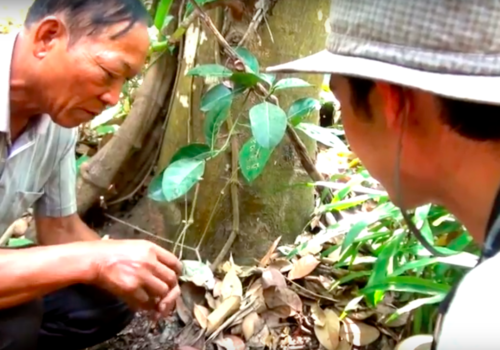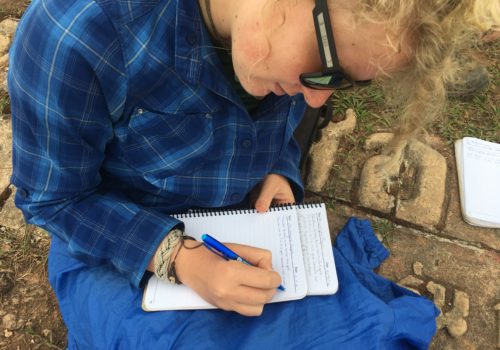Earlier this summer we heard through a former student Genevieve Leet (Gigi) and from Urak Lawoi that due to the prolonged heat and warmer waters, the corals were bleaching in the Adang Archipelago where we do the Oceans course. Gigi brought back a report, after diving several of the sites that we use for the course, and reported that about 1/3 of the corals in some areas had bleached. She also found some anenomes had bleached as well, and took some photos to document the changes.
[nggallery id=20]
More from the New York Times:
Extreme Heat Bleaches Coral, and Threat Is Seen
This year’s extreme heat is putting the world’s coral reefs under such severe stress that scientists fear widespread die-offs, endangering not only the richest ecosystems in the ocean but also fisheries that feed millions of people…
What is unfolding this year is only the second known global bleaching of coral reefs. Scientists are holding out hope that this year will not be as bad, over all, as 1998, the hottest year in the historical record, when an estimated 16 percent of the world’s shallow-water reefs died. But in some places, including Thailand, the situation is looking worse than in 1998…
According to the National Oceanic and Atmospheric Administration, the first eight months of 2010 matched 1998 as the hottest January to August period on record. High ocean temperatures are taxing the organisms most sensitive to them, the shallow-water corals that create some of the world’s most vibrant and colorful seascapes…
“It is a lot easier for oceans to heat up above the corals’ thresholds for bleaching when climate change is warming the baseline temperatures,” said C. Mark Eakin, who runs a program called Coral Reef Watch for the National Oceanic and Atmospheric Administration. “If you get an event like El Niño or you just get a hot summer, it’s going to be on top of the warmest temperatures we’ve ever seen.”
In Thailand, “there some signs of recovery in places,” said James True, a biologist at Prince of Songkla University. But in other spots, he said, corals were hit so hard that it was not clear young polyps would be available from nearby areas to repopulate dead reefs.
We expected that eventually the reefs at our study sites would be hit with the impact of global warming. We just didn’t expect it this soon.
From what we have heard, we think that the archipelago is one of the places where we will see recovery. Studying this change will be an important part of the course this semester.



